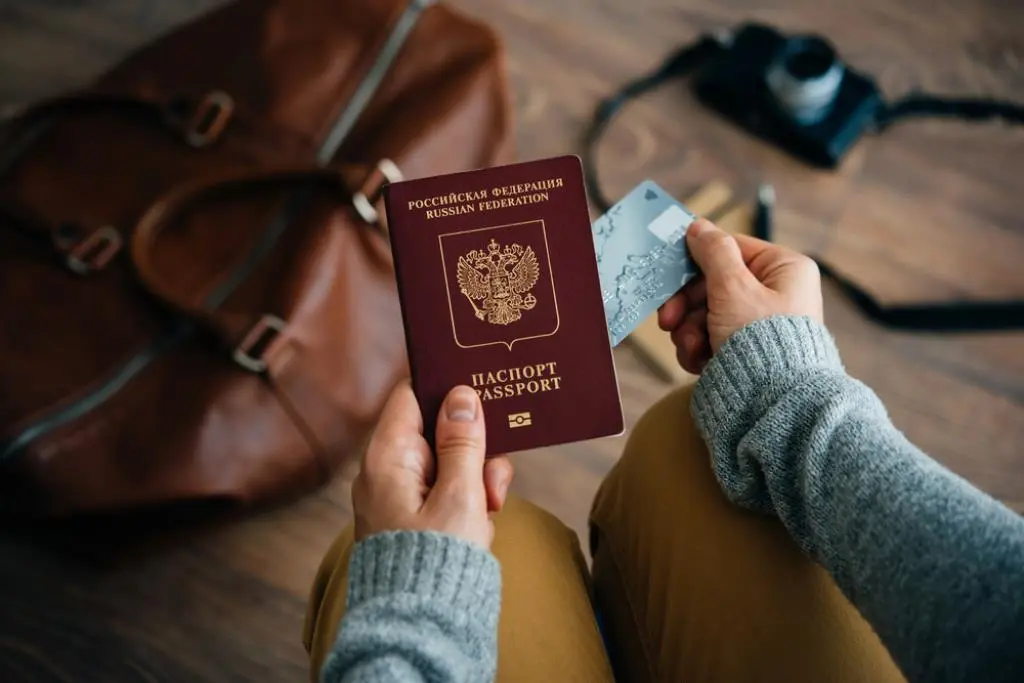Hungary restarts golden visa scheme: everyone can join

The initiative aims to facilitate business and travel for citizens of developing nations within the European Union. While obtaining one can be costly, it significantly streamlines life for the affluent. Hungary ceased its involvement in 2017 amid heightened tensions during the illegal migration crisis. However, the scheme has been reinstated, now even offering the possibility of acquiring EU citizenship through substantial investment in Hungary.
In 2015, Hungary faced a significant illegal migration crisis. Tens of thousands of migrants from Africa and the Middle East breached the southern borders, making their way towards Budapest and Western Europe via trains. Despite their financial means, the disorganised nature of these migrant groups roaming Hungarian roads sparked panic and fear among the local population.
The Orbán administration adeptly capitalised on the situation, attributing the influx to the so-called Soros Empire and alleging complicity from Western European nations like Merkel’s Germany, which allegedly encouraged Africans and Middle Easterners to come to Europe for a better life.
In response, Orbán’s government closed the southern borders, resulting in violent clashes between illegal migrants and Hungarian law enforcement in September 2015. Subsequent anti-Soros and anti-migration campaigns successfully painted opposition parties and pro-migration entities in a negative light.
Outrage and visa purchase halt
However, a dilemma occurred. Hungary started issuing so-called golden visas for wealthy third-world nationals. While it offered residency permits and, eventually, citizenship to those willing to invest substantially in Hungary, opposition parties decried the scheme as discriminatory, favouring the affluent over the economically disadvantaged migrants. Furthermore, since the Hungarian authorities were unable to thoroughly examine each applicant, they might allow terrorists and gangsters to enter Hungary and the EU.
Following the outrage, the Orbán government halted the sale of golden visas on 31st March 2017. Nevertheless, the programme resumed in January 2024 without significant opposition.
According to Henley & Partners, the Portuguese golden visa ranks as the world’s most sought-after, followed by Austria and Greece. The time taken for citizenship processing, associated costs and the reputation garnered by visa holders were key factors evaluated by Henley & Partners.
How does the golden visa programme work?
The original Hungarian programme, launched by Antal Rogán, Minister of Orbán’s Cabinet Office, commenced in 2013. Remarkably, only 20 out of 20,000 applicants were denied visas, as reported by index.hu
Currently, prospective applicants to the Hungarian Golden Visa programme must meet at least one of the following criteria:
1. Invest EUR 250,000;
2. Purchase property in Hungary valued at a minimum of EUR 500,000, which cannot be sold for five years;
3. Allocate at least EUR 1 million to support educational, scientific, research or artistic projects in Hungary, with the condition that the contribution is directed towards a Hungarian foundation or university.
While the programme remains open to all citizens, the European Parliament advocates for standardised regulations to mitigate potential corruption and money laundering, including proposals to restrict participation for Russian nationals and introduce EU-wide taxation.
The Hungarian golden visa scheme resumed in January.
Read also:


Why is a Russian passport shown in the picture? Is that who Orban is bringing to Hungary – Russian agents to undermine our security?
So. the Viktator is against immigrants…unless they have 250,000 euro.
I have some Hungarian ancestry in my family tree, also Slovak. Is there a naturalization path to citizenship available through ancestry in Hungary?